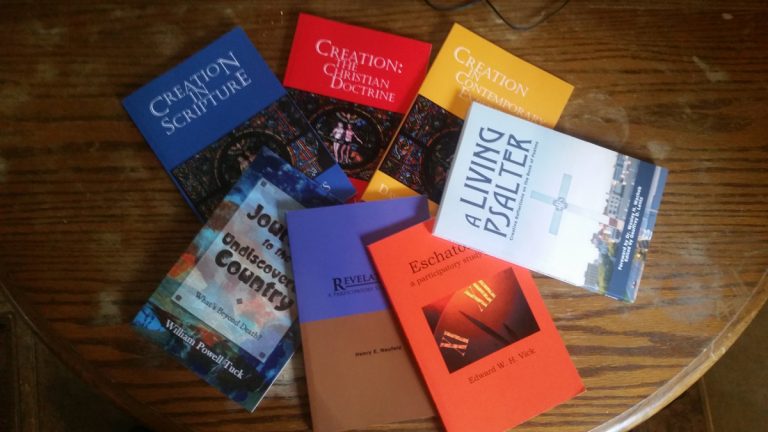Modern Barriers to Understanding Hebrews
Despite my somewhat snippy comments in my last post, I found reading Luke Timothy Johnson’s introduction to Hebrews in his volume in the New Testament Library (pictured at left) quite helpful. In particular, he looks at reasons why modern people may have a hard time reading and understanding this book. Along the way, it becomes clear that some of the same points may have made it difficult for people in past centuries as well! One of his points is one I frequently emphasize: our lack of understanding of sacrifice in the ancient world and particularly in Israel.
But to take his points in order:
- It challenges the value of the historical-critical method. I would note both that this is true also of many other books, especially in the Hebrews scriptures. Historical methodologies need to be practiced with a certain humility and willingness to admit ignorance. On the other hand, if we are going to view a piece of literature as having an historical setting, we must look for the setting to whatever extent we can determine it. Which, in fact, Johnson proceeds to do. I prefer “historical-critical methodologies” (emphasizing the plural), because while I think that the critical approaches have opened up some avenues, they do not stand alone, the do not stand or fall as a body, and one can derive value from them even while doubting the basis on which some were created.
- We have no understanding of sacrifice (as noted above). I have two notes, even though I agree. First, this is not just a problem for understanding Hebrews, but also for understanding the entire New Testament. A failure to understand the sacrificial system will result in a superficial understanding of New Testament allusions to it, at best. Hebrews is just a concentrated example of the problem. Second, however, I think many who would claim to understand sacrifice narrow it by looking back from the New Testament to the Old. They see sacrifice as being purely about atonement and thus fail to see the broad spectrum of theology that underlies the various sacrifices. Just last night I was reading Numbers 28 & 29 and was struck again by the variety of sacrifices. The original readers of Hebrews, I suspect, had a view of sacrifice that couldn’t be covered in a paragraph or so.
- It “… challenges our construction of the world, our image of Jesus, and our understanding of discipleship …” I’m afraid I had to do some chopping to get a short quote, but I also believe I’m faithful to Dr. Johnson’s intent in that paragraph. This is also a good point. Hebrews is very theological, but at the same time as it challenges our view of Jesus and salvation, it also calls to action and does so in a very severe way. My own impression is that we have misread this a bit, but nothing I see diminishes the level of the call. Along with the call is also a message of grace, that the means of answering the call is now available.
My own theological has been formed as I started with Ezekiel, moved back from there into Leviticus and the Torah in general, and forward to Ezekiel. I frequently see the author of Hebrews bringing in big ideas by alluding to passages with which his audience would be familiar. Unfortunately, we are not.
So I would add a fourth point: Our serious lack of knowledge of the Hebrew scriptures, and particularly Torah, means that we have a hard time understanding Hebrews. We don’t have the right questions, so we don’t recognize when the answers appear before us!




Henry, you can put me down as one who is woefully ignorant of sacrifice. I’m especially uncomfortable with the notion of blood sacrifice for the purpose of atonement. It doesn’t compute for me. In fact, i find it repulsive. I know that some would say, “Get over it. The bible teaches it, so get with the program.” So I say, “Call me a heretic. Hebrews represents a side of the Jesus Movement that no longer holds up. Get over it.”
I would make different suggestions:
1) Is it not possible to understand a message that is based on imagery that made sense to one group but no longer does? While I disagree that sacrifice has no value in our discussion of atonement now, I would want to understand how it functioned historically in order to understand the message of those who did live in that milieu.
2) One of my points about sacrifice is that we read it as entirely about atonement, when it was part of a much broader system. I don’t think one understands Hebrews if one thinks it’s just about blood atonement.
Hopefully I’ll find time to make more comments on this as I work through this commentary or at some other time.
Non-atonement sacrifice has value, in fact, is vital. Romans 12:1-2 is key here. Giving one’s life away for the gospel is sacrifice. In that sense, a living sacrifice trumps blood. How about trying to make sense of blood atonement, not for Israel, for which it made sense, but for those of us today for which it makes no sense.
Hey–get that commentary updated and out to us. I think it’s needed!